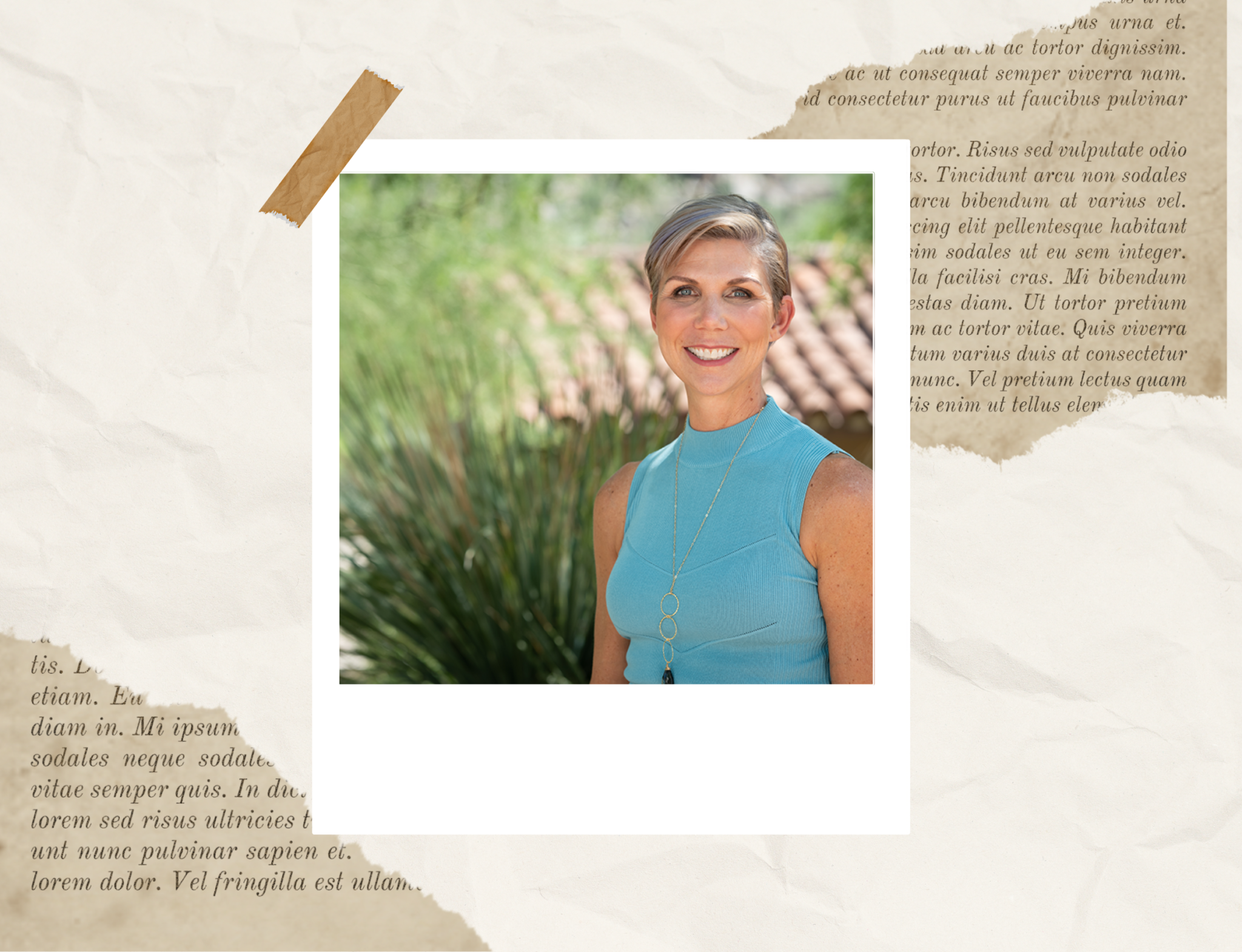Recently, a close friend, talented writer, and aspiring entrepreneur asked me for some coaching on how to strike it out on her own. As someone relatively new to the entrepreneurship games, and often doubtful of my own authority on the subject (thanks imposter syndrome!), I recommended some books to her.
A short time after, I connected with tech CEO, serial entrepreneur, and humanist Christine Heckart and found myself asking her this very same question — How does someone become an entrepreneur? Our conversation made me realize that I let an opportunity with my friend slip me by. An opportunity that, as an entrepreneur myself I should be pouncing on. An opportunity to practice what Christine highlights as perhaps the most fundamental skill of all – courage.
Christine Heckart is the non-binary, genderfluid CEO of Xapa World. A tech entrepreneur and humanist with experience on both sides of the board table, she has courage in spades. Christine joined me from her home in Pleasanton, California, in the heart of Silicon Valley — the global hub of entrepreneurship, big risks, audacity, and courage. I call in from a sleepy beach town on Costa Rica’s North Pacific coast. A digitally powered world makes it so that we can both be entrepreneurs in very different landscapes, in very different parts of the world. A true visionary who cut her chops in some of the tech world’s toughest environments, Christine’s current startup is a venture-backed technology solution to enhance human joy, wholeness, and unity. Her take on how someone becomes a successful entrepreneur is simple and clear. Entrepreneurship takes courage, and courage is a skill you can practice.
The courage to see things differently
In life, it’s usually a straightforward matter to see the things that are there. The trick is seeing the things that could be but aren’t. This ability, to see the world as it could be and not as it is, is part of what differentiates entrepreneurially-minded people.
“The word entrepreneurship encompasses many things. When I think about entrepreneurship in a broad sense, I think it happens in a lot of different environments. It’s a mindset of being willing to try something that hasn’t been done, having a vision, and being able to execute in collaboration with others. You can be entrepreneurially minded in that way, right where you are — be it in a larger company, a small business or something that is venture-backed,” Christine tells me.
The word entrepreneurship conjures up a familiar image of people leaving their jobs to start new ventures, often backed by funding. This is an important but narrow slice of entrepreneurship and one that represents a lot of promise for people. But if you’re entrepreneurially minded you can constantly be honing your skills.
The courage to create in collaboration with others
School teaches us to think in black and white, college shows us the grey area, and entrepreneurship looks at white space and fills it with color. Entrepreneurs are creators. They see a gap and create a solution, product or service that fills the gap. Christine and I talk about having the courage to create.
“I think what motivates me to do anything, whether it’s starting a company, or creating a new product line is seeing white space that needs to be filled or a problem that needs to be solved. Entrepreneurs, like artists, like to create. Both take courage. Where the difference lies, is that while artists might create alone or in collaboration, entrepreneurship almost always happens in collaboration with others.”
Creation can be scary. When you make something, and put it out into the world, it can flounder or founder. It can fail. To many, that idea is enough to send them running for cover, back to the comfort and safety of not putting anything of themselves out there. But to be an entrepreneur means participating in the act of creation and having the courage to face the “what if?” scenarios as they happen in real-time. Even the flops. Especially the flops.
The courage to practice influence
The word “influencer,” is hackneyed and overused these days. But it is highly relevant. Christine talks about influence as a core skill that aligns people behind ideas.
“There are different powers of influence. The first kind is people who understand another person’s intrinsic motivation and can show them how a product or idea will help them. This is an art that requires connecting the dots and building bridges to get everyone aligned. It’s typically the kind of influence you see in larger organizations. The other way is by communicating your conviction in such a way that people believe in it. That’s the type of influence you see from people like Steve Jobs or Elon Musk or really anyone that has had a wild idea that took. Sometimes it means you create a reality distortion field around yourself — you might have to if you’re doing something that’s never been done before. Influence happens at the intersection of conviction supported by data. That’s one of the ways that as an entrepreneur you can get others to see your vision and come along for the ride.”
As a communicator, this is a lesson I’m intuitively aware of. It’s not the best ideas that always win out, but the ones that can do the most effective job of gathering support. When I first started this platform, I would practice my influence skills by pitching it to women (like Christine) at the top of their game. The very thought of it would tie my stomach in a million knots. As time has gone on, I’ve practiced the art of the pitch and skills of influence. I can’t say I’m never in knots when pitching, but I can say without a shadow of a doubt that confidence comes with practice.
The courage to practice courage
Courage doesn’t happen in a vacuum. In the same way you can’t be brave when there is nothing to be afraid of, you can’t be courageous in the absence of uncertainty or failure. Practicing courage means embracing failure, something that is an inevitable piece of the entrepreneurial journey. Christine shares her insights about failure, getting comfortable with it, and staying objective when dealing with setbacks.
“I don’t think failure is comfortable for anyone. But I think that in entrepreneurship, you need a level of objectivity when it comes to failure — how much of it was circumstantial and how much of it were decisions or actions that could have been done differently. The people who really stand out in this dimension, the people who stick with something, are the ones that are practiced in building tools of resiliency. And that gives them the courage to keep trying.”
Resiliency, like any other skill, can be honed through practice. You can’t build it by hiding, you can’t build it by avoidance, and you can’t build it with excuses. You build it by getting back up each time you’re knocked down. You build it every day, each time you put your ideas out into the world and claim them as your own.
I build my resilience through patience and practice as well. It’s why when I finished my conversation with Christine I reached back out to my friend. I may have stumbled at first, not sure of what to say or if I was even a good person to talk to about entrepreneurship, but that’s fear, not courage. I realized that in all of this, as someone that was creating, putting thoughts and ideas into the world, I had a voice and maybe even a point of view that people want to hear. And perhaps more valuable than any particular thing I have to say, is that I have the courage to say something.






